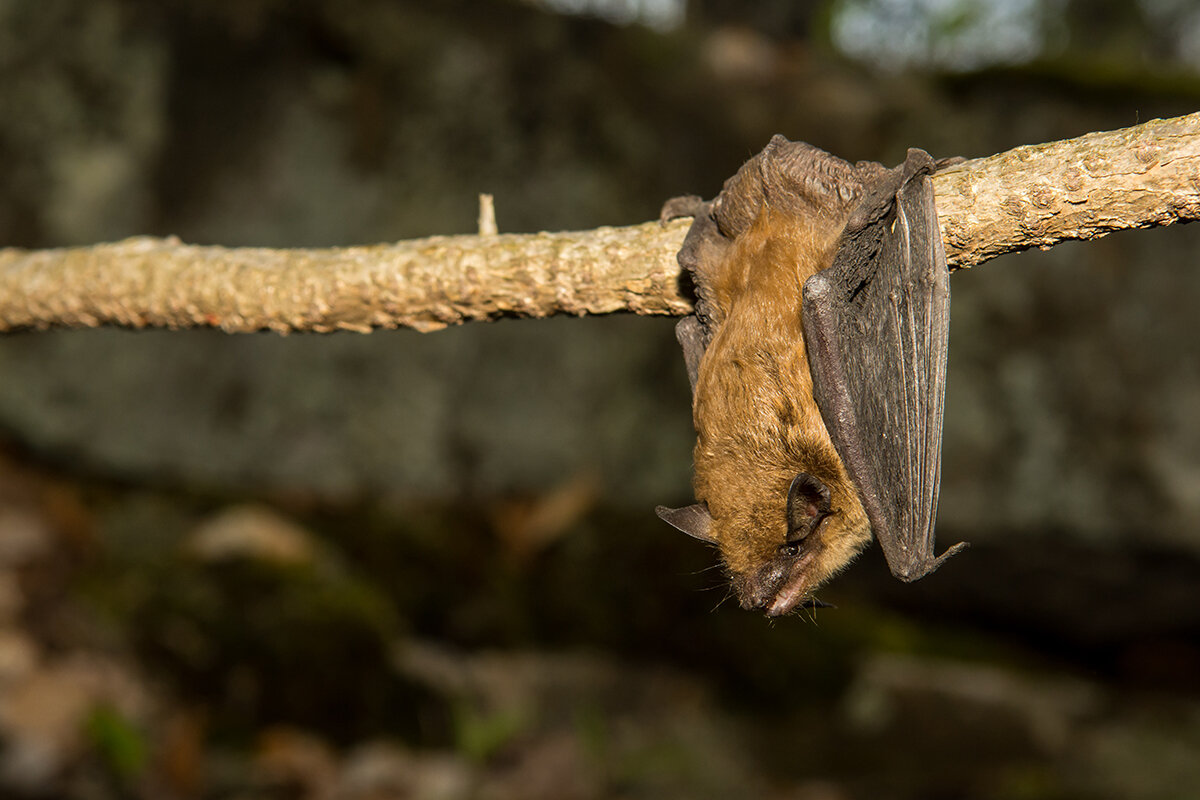Rabid bat confirmed in Lexington County, one pet exposed
It's the second animal confirmed to have rabies in Lexington County this year
This item is available in full to subscribers.
Subscribe to continue reading. Already a subscriber? Sign in
Get 50% of all subscriptions for a limited time. Subscribe today.
Please log in to continueNeed an account?
|
Rabid bat confirmed in Lexington County, one pet exposed
A rabid bat was found in Chapin.
The bat, confirmed to be rabies-positive by the state Department of Health and Environmental Control, was found near Dutchman Shores Circle and Murray Lindler Road on May 17. It was confirmed to have rabies on May 18.
“No people are known to have been exposed at this time,” a release states. “One dog was exposed and will be quarantined as required in the South Carolina Rabies Control Act.”
Per a release from DHEC, this is the second animal confirmed to have rabies in Lexington County this year, making 2023 better thus far when it comes to rabid animals than 2022, when eight animals in the county were confirmed to have the disease. There have been 22 cases of rabid animals in South Carolina this year. 83 cases were confirmed statewide last year.
The release advises caution when it comes to bats and rabies, noting that vaccinating pets against the disease is “one of the easiest and most effective ways to protect against the disease.”
“Rabid bats have been known to transmit the rabies virus,” Terri McCollister, DHEC’s Rabies Program team leader, is quoted. “People don’t always realize they or a pet have been bitten since bat teeth are tiny and bites are easy to overlook.”
The release advises that you should always assume a person or pet has potentially been bitten when:
- They wake up to find a bat in a room or tent
- A bat is found where children, pets, or persons with impaired mental capacity (intoxicated or mentally disabled) have been left unattended
- They have been in direct contact with a bat
At the same time, the release also notes that bats are not always a threat.
“Although bats can carry rabies, not every bat is infected with the virus,” McCollister is quoted. “Bats are an important part of South Carolina's ecosystems and deserve a healthy degree of respect just like all wild animals.”
DHEC asks that anyone who believes they, their pets or someone they now have come in contact with the rabid bat in Chapin or another animal that could potential have rabies to call the department’s Midlands Public Health Columbia office at (803) 896-0620 during normal business hours (8:30 a.m.-5 p.m., Monday-Friday) or after hours and on holidays at (888) 847-0902 (select Option 2).
“Never handle a bat or any wild or stray animal, alive or dead, with your bare hands,” the release states. “Any bat that could have had potential contact with people, pets or livestock should be safely trapped in a sealed container and not touched. Never release a bat that has potentially exposed a person or pet. Once a bat is released, it cannot be tested for rabies.”
“You cannot tell if a bat, or any other animal, has rabies by simply looking at it,” the release adds. “Rabies must be confirmed in a laboratory. Unusual behavior in bats that might indicate the animal has rabies includes daytime activity, inability to fly and being found in places they are not usually seen, like in your home or on your lawn.”
Keywords
rabid animal lexington county, infected bat sc, south carolina dhec, chapin public healthOther items that may interest you







Comments
No comments on this item Please log in to comment by clicking here